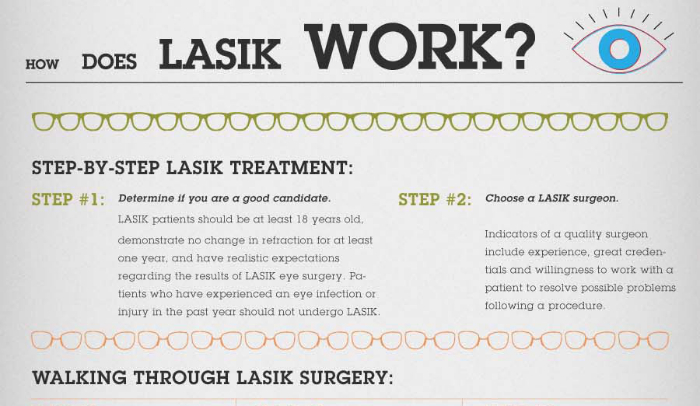The Conclusive FAQ On Refractive Lens Exchange: Secret Insights You Need To Comprehend
The Conclusive FAQ On Refractive Lens Exchange: Secret Insights You Need To Comprehend
Blog Article
Post Created By-Ingram Blackwell
If you're thinking about refractive lens exchange, you possibly have a great deal of concerns. This treatment might change how you see the world, providing benefits like lowered dependence on glasses. Nevertheless, it's necessary to comprehend the procedure, dangers, and that certifies as an excellent prospect. Allow's check out these crucial facets so you can make an informed choice regarding whether RLE is right for you.
What Is Refractive Lens Exchange and Exactly How Does It Function?
Refractive lens exchange (RLE) is a surgery designed to change your eye's all-natural lens with a fabricated one, dealing with vision problems like nearsightedness, farsightedness, or presbyopia.
During the treatment, your surgeon makes a little cut in the eye, eliminates your all-natural lens, and inserts an intraocular lens (IOL) customized to your vision needs. Best LASIK Surgeon takes about 15 to half an hour per eye and is executed under local anesthesia.
You'll likely observe enhancements in your vision nearly quickly, though full recovery might take a few weeks. RLE is specifically beneficial for those over 40 or with high prescriptions, supplying a lasting solution contrasted to glasses or call lenses.
Your eye treatment specialist can help identify if RLE is right for you.
What Are the Benefits and Risks of Refractive Lens Exchange?
Selecting refractive lens exchange can lead to substantial enhancements in your vision, yet it's important to consider both the benefits and threats prior to deciding.
On the bonus side, this procedure can boost your vision by fixing issues like presbyopia, myopia, and hyperopia. Several individuals take pleasure in decreased reliance on glasses or call lenses, which can significantly boost their quality of life.
Nonetheless, it's vital to consider possible threats. Complications can consist of infection, glare, or halos around lights.
There's also a possibility of overcorrection or undercorrection, which might require added procedures.
Who Is a Suitable Candidate for Refractive Lens Exchange?
If you're thinking about refractive lens exchange, it is very important to understand whether you fit the profile of an ideal candidate. Usually, you might be a good prospect if you're over 40, experience presbyopia, or have high levels of nearsightedness or farsightedness.
It's also crucial that your vision is stable, indicating your prescription hasn't transformed substantially in the past year. If you have cataracts or various other eye conditions, you might take advantage of this procedure as well.
Nevertheless, particular aspects, like unrestrained diabetic issues or autoimmune conditions, can invalidate you. To identify your candidateship, talk to an eye treatment expert who can examine your particular situation and advise the best strategy tailored to your requirements.
Conclusion
To conclude, refractive lens exchange can be a transformative choice for boosting your vision, particularly if you more than 40 or have a high prescription. While https://www.sentinelassam.com/health/lasik-eye-surgery-here-is-all-you-need-to-know-520276 are considerable, it's essential to weigh the risks and speak with your eye treatment specialist to figure out if you're a suitable candidate. With the ideal information and assistance, you can make an informed decision and potentially take pleasure in a life with decreased dependence on glasses.
